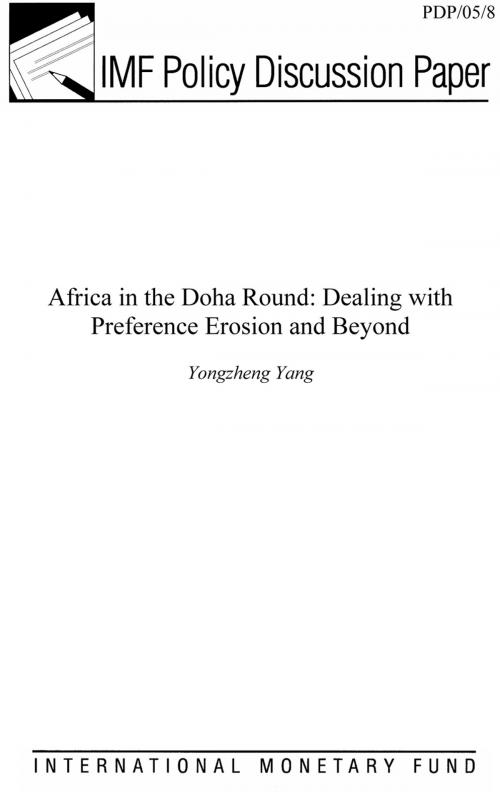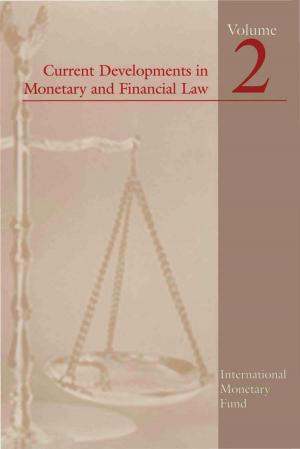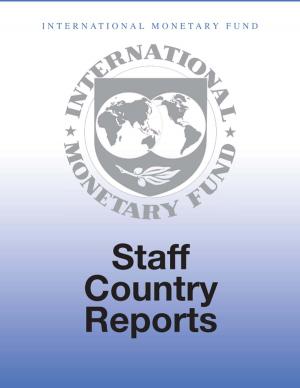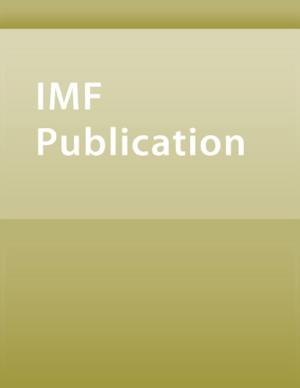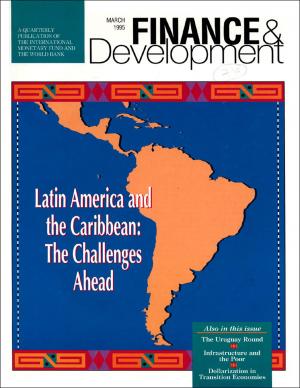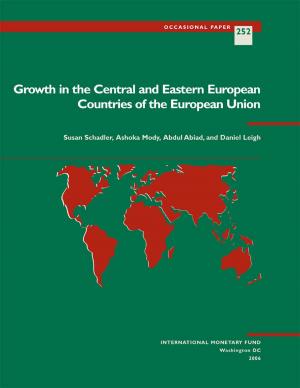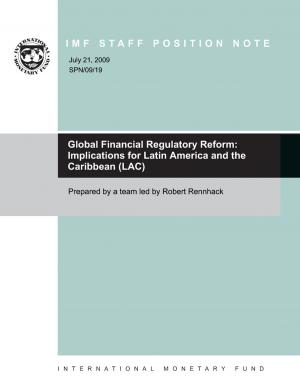Africa in the Doha Round: Dealing with Preference Erosion and Beyond
Business & Finance, Economics, Money & Monetary Policy, International Economics, Nonfiction, Social & Cultural Studies, Political Science, Politics, Economic Policy| Author: | Yongzheng Yang | ISBN: | 9781452756394 |
| Publisher: | INTERNATIONAL MONETARY FUND | Publication: | November 1, 2005 |
| Imprint: | INTERNATIONAL MONETARY FUND | Language: | English |
| Author: | Yongzheng Yang |
| ISBN: | 9781452756394 |
| Publisher: | INTERNATIONAL MONETARY FUND |
| Publication: | November 1, 2005 |
| Imprint: | INTERNATIONAL MONETARY FUND |
| Language: | English |
Improving market access in industrial countries and retaining preferences have been Africa's two key objectives in the Doha Round trade negotiations. This paper argues that African negotiators may have overlooked the potential market access gains in developing countries, where trade barriers remain relatively high and demand for African imports has expanded substantially over the past decades. As reductions in most-favored-nation tariffs in industrial countries will inevitably lead to preference erosion, African countries need to ensure that the Doha Round leads to liberalization in all sectors by all World Trade Organization (WTO) members, so that the resulting gains will offset any losses. Such an outcome is more likely if African countries also offer to liberalize their own trade regimes and focus on reciprocal liberalization as a negotiation strategy rather on preferential and differential treatment.
Improving market access in industrial countries and retaining preferences have been Africa's two key objectives in the Doha Round trade negotiations. This paper argues that African negotiators may have overlooked the potential market access gains in developing countries, where trade barriers remain relatively high and demand for African imports has expanded substantially over the past decades. As reductions in most-favored-nation tariffs in industrial countries will inevitably lead to preference erosion, African countries need to ensure that the Doha Round leads to liberalization in all sectors by all World Trade Organization (WTO) members, so that the resulting gains will offset any losses. Such an outcome is more likely if African countries also offer to liberalize their own trade regimes and focus on reciprocal liberalization as a negotiation strategy rather on preferential and differential treatment.
